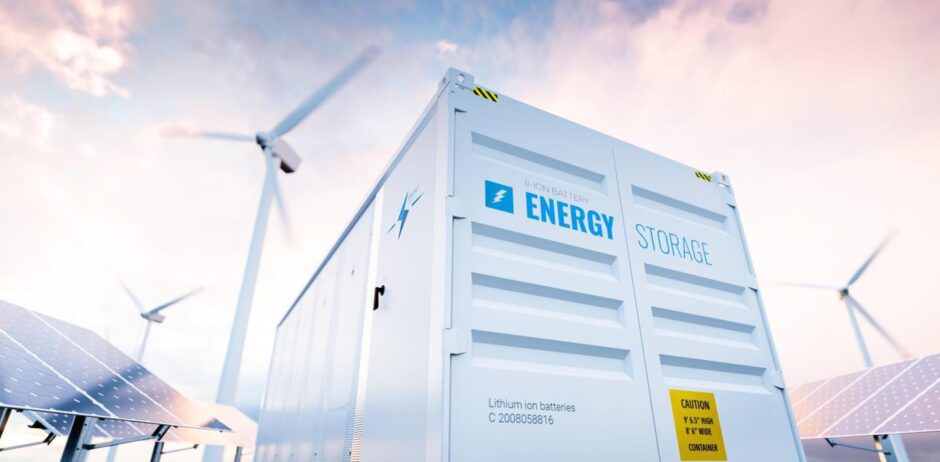
Battery energy storage systems (BESS) are a key component of the transition to a low-carbon economy. They enable the integration of variable renewable energy sources, such as wind and solar, into the grid by storing excess electricity when supply exceeds demand and releasing it when demand exceeds supply. They also provide a range of ancillary services, such as frequency regulation, voltage control and black start capability, that help maintain the stability and reliability of the grid.
BESS are an emerging market in Scotland for several reasons. First, and fundamentally, Scotland has abundant renewable energy resources, especially wind and hydrogen, that can be harnessed to generate clean electricity. However, these resources are often intermittent and unpredictable, creating challenges for grid balancing and security of supply. BESS can help mitigate these challenges by smoothing out the fluctuations in power generation and consumption, thus providing a key enabler to the energy transition by directly reducing the need for fossil fuel backup or curtailment of renewables.
Second, Scotland has recently retained climate change targets, such as achieving net zero greenhouse gas emissions by 2045 and delivering at least 20 Gigawatts of additional low-cost renewable electricity capacity by 2030, which could generate the equivalent of approximately 50% of Scotland’s current total energy demand. These targets require a significant increase in the deployment of renewable energy technologies, which in turn increase the demand for BESS to support their integration.
Third, Scotland has a supportive policy and regulatory environment for BESS development. The Scottish government has recognised the importance of BESS in its Draft Energy Strategy and Just Transition Plan (a final version of which is to be published by Summer 2024) and has provided funding and incentives for various pilot and demonstration projects. For example, the Scottish government established the Low Carbon Infrastructure Transition Programme in March 2015, which supported the development of innovative low carbon projects (including BESS) and in May 2022 opened the Scottish Central Government Energy Efficiency Grant scheme offering capital grant funding support to enable the delivery of heat decarbonisation and energy efficiency projects across the public sector.
One indicator of the growing interest and potential of BESS in Scotland is the surge in mergers and acquisitions (M&A) activity, particularly in the last 18 months. There has been a high volume of deals in Scotland for the transfer of BESS projects with a capacity of 175 Megawatts or more as well as smaller 49.9 Megawatt BESS projects (ensuring the project is below the 50 Megawatt threshold which requires consent under section 36 of the Electricity Act 1989) all of which have secured the necessary land rights (option to lease, grid connection and planning permission) but have not commenced construction. This reflects the attractiveness of these “ready to build” projects and readiness of investors and developers to acquire and develop them.
However, the future of BESS in Scotland is not without uncertainty and challenges. One of the main challenges is the impact of the Scottish government’s recent decision to scrap its target of reducing greenhouse gas emissions by 75% by 2030, notwithstanding that the net zero by 2045 target remains. Some critics argue that the decision will undermine the credibility and ambition of Scotland’s climate action and send a negative signal to investors and innovators in the low-carbon sector.
The implications of this decision for BESS and renewable energy in Scotland are unclear. On the one hand, it could reduce the urgency and incentive for investing in low carbon technologies, such as BESS. On the other hand, it may not affect the demand and development of BESS and renewable energy, as they are driven by market forces and technological advances, rather than political commitments. It is essential that the Scottish government and other stakeholders continue to support and promote the development and deployment of BESS and other low carbon technologies and ensure that Scotland remains at the forefront of the global energy transition.
If you are interested to hear more discussion about grid connection issues, CMS will be hosting an event in Aberdeen on Wednesday 19th June. For more information, contact reception.aberdeen@cms-cmno.com.
Recommended for you
